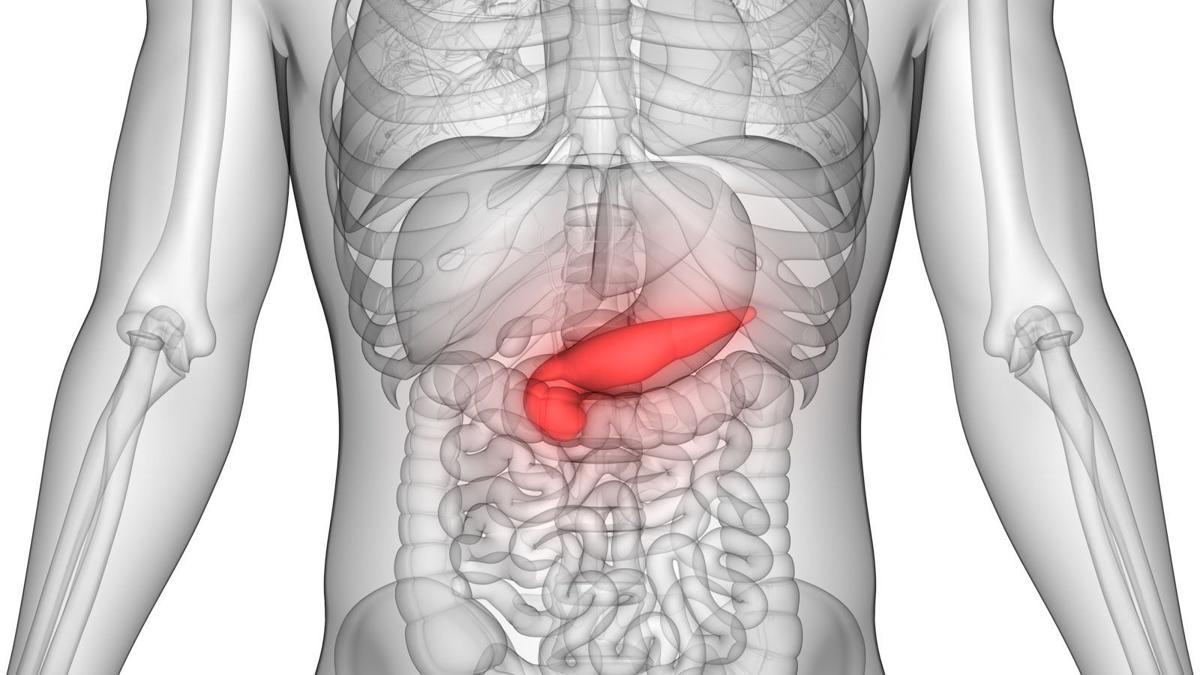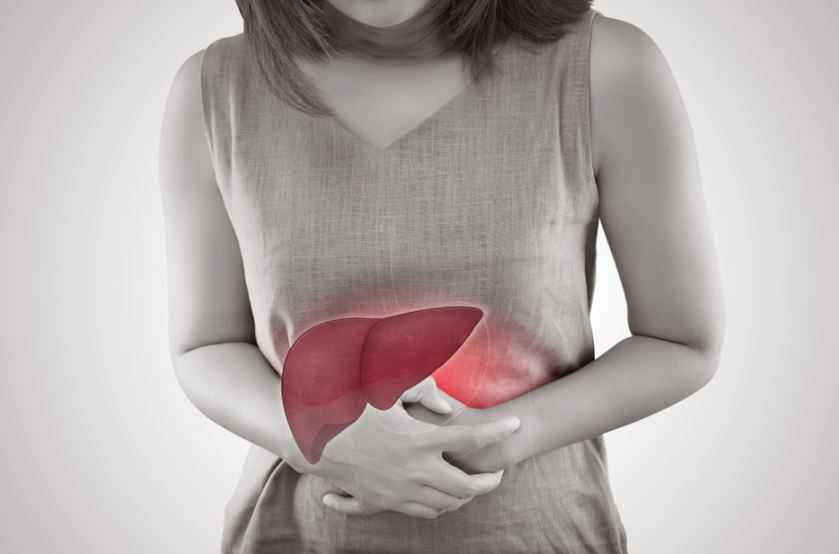Pancreatitis pain relief at home
Pancreatitis is an inflammation of the pancreas, an essential organ in the digestive system that lies behind the stomach. The pancreas produces enzymes that aid digestion and hormones that regulate blood sugar levels. When the pancreas becomes inflamed, its enzymes can start digesting the pancreas itself, leading to severe pain and other complications.
Types of Pancreatitis
There are two main types of pancreatitis: acute and chronic.
- Acute Pancreatitis: This is a sudden inflammation that lasts for a short period. It can be a mild, self-limiting condition or a severe, life-threatening illness.
- Chronic Pancreatitis: This is a long-lasting inflammation that often develops after repeated episodes of acute pancreatitis. It can lead to permanent damage to the pancreas.

Symptoms of Pancreatitis
The symptoms of pancreatitis can vary depending on the severity and type. Common symptoms include:
- Severe abdominal pain that radiates to the back
- Nausea and vomiting
- Fever
- Rapid pulse
- Swollen and tender abdomen
- Weight loss
- Steatorrhea (fatty stools)
Effective management of pancreatitis often requires medical intervention, but there are several home remedies and lifestyle changes that can help alleviate pain and support recovery.
Home Remedies for Pancreatitis Pain Relief
Dietary Modifications
Low-Fat Diet
One of the most crucial dietary changes for individuals with pancreatitis is adhering to a low-fat diet. Fatty foods can stimulate the pancreas to produce more enzymes, which can exacerbate inflammation and pain. Focus on consuming:
- Lean meats and fish
- Low-fat dairy products
- Fruits and vegetables
- Whole grains
Small, Frequent Meals
Eating smaller, more frequent meals can help reduce the workload on the pancreas. Large meals can overstimulate the pancreas, leading to increased pain and discomfort. Aim for five to six small meals throughout the day rather than three large ones.
Hydration
Staying well-hydrated is vital for individuals with pancreatitis. Dehydration can worsen symptoms and complicate recovery. Drink plenty of water and avoid sugary or caffeinated beverages, which can irritate the digestive system.
Herbal Remedies
Ginger
Ginger has anti-inflammatory properties that can help reduce inflammation in the pancreas. Consuming ginger tea or adding fresh ginger to meals can be beneficial.
Turmeric
Turmeric contains curcumin, which has potent anti-inflammatory and antioxidant properties. Adding turmeric to your diet can help manage inflammation and pain associated with pancreatitis.
Supplements
Pancreatic Enzymes
For chronic pancreatitis, pancreatic enzyme supplements can aid digestion and reduce the burden on the pancreas. These supplements should be taken under the guidance of a healthcare provider.
Vitamin D
Vitamin D deficiency is common in individuals with chronic pancreatitis. Supplementing with vitamin D can support overall health and potentially reduce inflammation.
Avoiding Alcohol and Smoking
Alcohol
Alcohol consumption is a leading cause of pancreatitis. Avoiding alcohol entirely is crucial for preventing flare-ups and managing symptoms.
Smoking
Smoking can also exacerbate pancreatitis and increase the risk of complications. Quitting smoking is essential for managing the condition and improving overall health.
Stress Management
Stress can worsen symptoms of pancreatitis and trigger flare-ups. Incorporating stress management techniques into your daily routine can help alleviate pain and support recovery.
Meditation and Mindfulness
Practicing meditation and mindfulness can help reduce stress and promote relaxation. These techniques can be particularly beneficial for managing chronic pain.
Yoga
Yoga combines physical postures, breathing exercises, and meditation, making it an effective way to manage stress and improve overall well-being. Gentle yoga practices can help alleviate tension and pain associated with pancreatitis.
Physical Activity
While strenuous exercise should be avoided during a pancreatitis flare-up, moderate physical activity can support overall health and aid recovery. Activities such as walking, swimming, and gentle stretching can be beneficial.
Heat Therapy
Applying a heating pad or warm compress to the abdomen can help relax muscles and alleviate pain. Heat therapy can provide temporary relief from the discomfort associated with pancreatitis.
When to Seek Medical Attention
While home remedies and lifestyle changes can be effective in managing pancreatitis pain, it is crucial to recognize when to seek medical attention. Severe symptoms or complications require prompt medical intervention.
Severe Pain and Vomiting
If you experience severe abdominal pain and persistent vomiting, seek medical attention immediately. These symptoms can indicate a severe pancreatitis flare-up that requires urgent care.
Fever and Rapid Pulse
A high fever and rapid pulse can be signs of a severe infection or complication. Contact a healthcare provider if you experience these symptoms.
Jaundice
Yellowing of the skin and eyes (jaundice) can indicate a blockage in the bile duct, a common complication of pancreatitis. Immediate medical evaluation is necessary.
Long-Term Management of Pancreatitis
Regular Medical Check-Ups
Regular check-ups with a healthcare provider are essential for managing chronic pancreatitis. Monitoring your condition can help prevent complications and ensure appropriate treatment.
Personalized Treatment Plans
Work with your healthcare provider to develop a personalized treatment plan that addresses your specific needs and symptoms. This plan may include medications, dietary recommendations, and lifestyle changes.
Support Groups and Counseling
Living with chronic pancreatitis can be challenging. Joining support groups or seeking counseling can provide emotional support and help you cope with the condition.
Conclusion
Pancreatitis is a painful and potentially serious condition that requires careful management. While medical treatment is often necessary, several home remedies and lifestyle changes can help alleviate pain and support recovery. Dietary modifications, hydration, herbal remedies, supplements, and stress management techniques can all play a role in managing pancreatitis pain at home. However, it is crucial to recognize the signs that require medical attention and work closely with a healthcare provider to develop a comprehensive treatment plan. By taking proactive steps and making informed choices, individuals with pancreatitis can improve their quality of life and manage their symptoms effectively.


